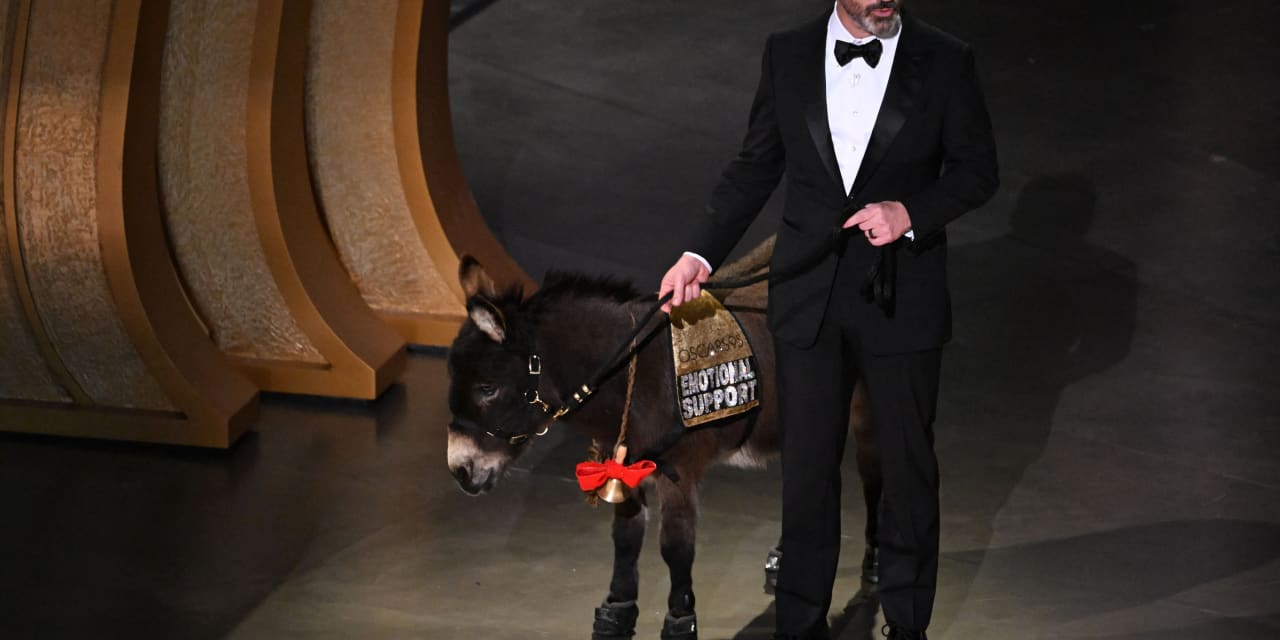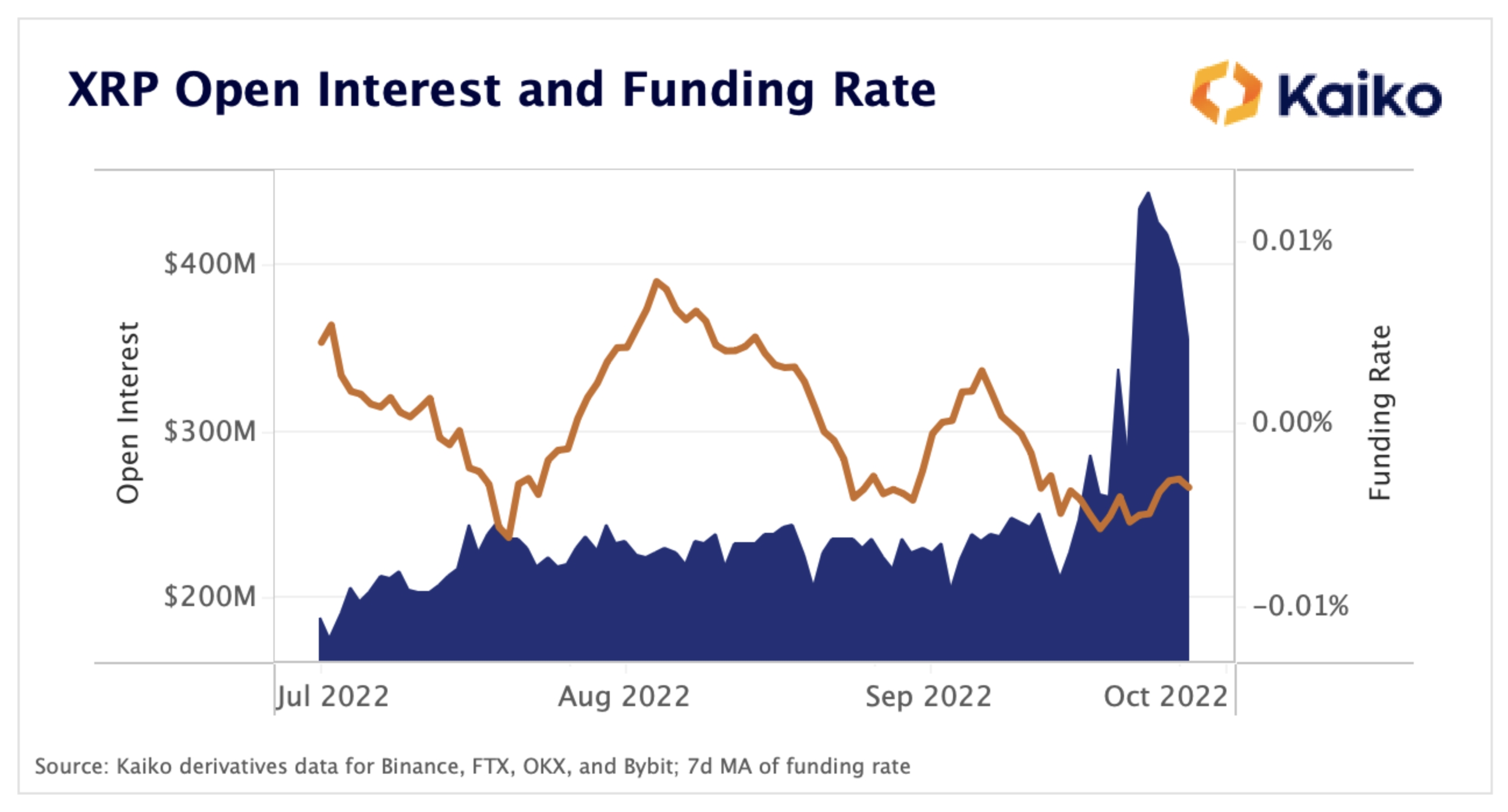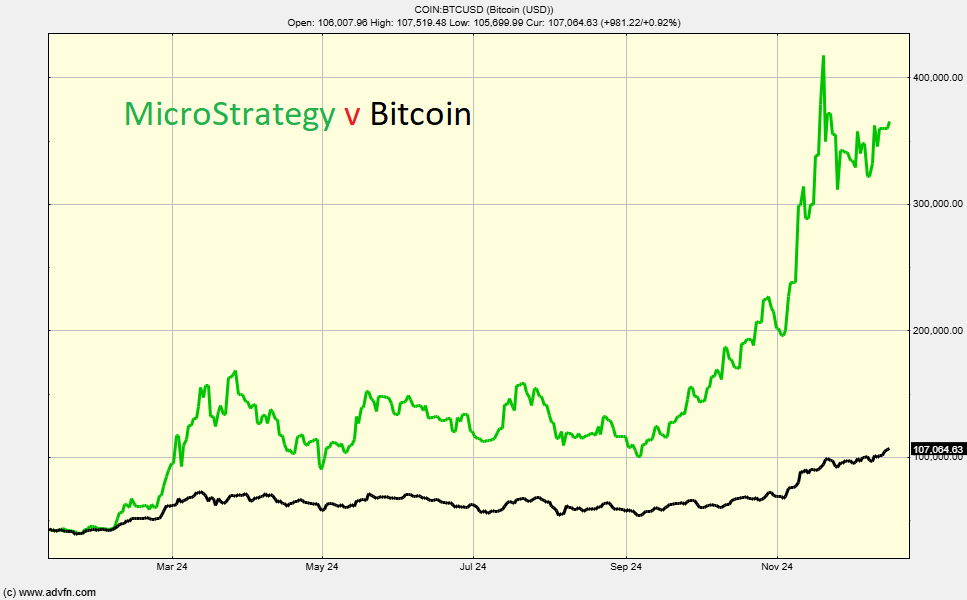History's Biggest Oscars Snubs: Justice Denied At The Academy Awards

Table of Contents
Best Picture Snubs That Still Sting
The Academy Award for Best Picture is the night's ultimate prize, yet several cinematic masterpieces have been shockingly overlooked. These Best Picture snubs represent cinematic injustice on a grand scale, leaving a lasting impact on film history and igniting years of debate.
-
Citizen Kane (1941): Orson Welles' groundbreaking masterpiece, often cited as one of the greatest films ever made, lost to How Green Was My Valley. Its innovative cinematography, narrative structure, and revolutionary use of deep focus remain unparalleled. The snub sparked immediate controversy and continues to fuel discussions about the Academy's understanding of cinematic innovation. This Best Picture snub remains a testament to the Academy's occasional inability to recognize true cinematic genius.
-
The Godfather Part II (1974): Francis Ford Coppola's epic sequel, a complex and powerful exploration of family, power, and legacy, lost to One Flew Over the Cuckoo's Nest. Its parallel narratives, unforgettable characters (from Michael Corleone's ruthless ascent to Vito Corleone's humble beginnings), and stunning performances made this Oscar best picture snub even more egregious to many. The film's enduring legacy as a cinematic masterpiece only serves to amplify the injustice.
-
Schindler's List (1993): While Steven Spielberg rightfully won Best Director, the film's loss of Best Picture to Shakespeare in Love remains a contentious topic. This historical drama, a powerful and harrowing depiction of the Holocaust, garnered widespread critical acclaim and remains a potent reminder of the horrors of the past. That a film of such profound importance and critical success could be overlooked for a lighter, albeit charming, romantic comedy only served to underscore the subjective nature of Oscar voting.
-
The Dark Knight (2008): Christopher Nolan's superhero masterpiece transcended genre conventions, offering a complex exploration of morality and heroism. Its exclusion from the Best Picture race fueled discussions about genre bias within the Academy. This Best Picture snub, many argue, highlighted the Academy’s often-overlooked struggle to adequately recognize genre films, especially those outside the traditional dramatic or historical narratives. The film's cultural impact and critical success make this a significant Oscars snub.
Performances That Deserved Recognition: Best Actor & Actress Snubs
Beyond Best Picture, countless exceptional acting performances have been unjustly overlooked by the Academy. These Best Actor and Best Actress snubs often highlight biases within the voting system, resulting in some truly egregious oversights.
-
Peter O'Toole: This legendary actor received eight Best Actor nominations throughout his career, yet never won. His remarkable performances in films like Lawrence of Arabia and Becket showcase the breadth of his talent, and his repeated snubs remain a poignant example of the Academy's occasional failure to recognize consistent excellence.
-
Glenn Close: Nominated for Best Actress seven times without a win, Glenn Close's consistent excellence and powerful performances in films like Fatal Attraction, Dangerous Liaisons, and Albert Nobbs represent one of the most glaring examples of Academy injustice. This enduring Oscar snub speaks volumes about potential gender bias within the voting process.
These snubs weren't simply isolated incidents. Potential reasons for these omissions include ageism (older actors often overlooked), gender bias (fewer women winning leading roles), and genre prejudice (action, sci-fi, or superhero films often disregarded).
The Impact of Oscars Snubs: A Legacy of Controversy
The impact of Oscars snubs extends far beyond the immediate aftermath of the awards ceremony. These controversial decisions shape the ongoing conversation surrounding the Oscars, affecting the careers of those involved and the public's perception of the Academy's credibility.
-
Film Legacy: While awards don't define a film's quality, the lack of recognition can impact a film's legacy, particularly its accessibility to wider audiences. For example, a Best Picture snub can hinder a film's reach and impact on subsequent generations.
-
Actor Careers: A Best Actor or Actress snub can subtly (or significantly) affect an actor's career trajectory. While talent ultimately shines through, the lack of an Oscar can, unfairly, influence perceptions of an actor's capabilities.
-
Academy Credibility: Repeated and highly publicized Oscars snubs inevitably raise questions about the Academy's judgment and its ability to impartially recognize cinematic excellence. This erodes public trust and opens the door for continued discussions on reforming the voting process.
The Academy has attempted to address past biases by expanding its membership and refining its voting procedures. However, the legacy of these Oscars snubs remains a vital part of the Academy Awards history, underscoring the continuous need for transparency and equity in celebrating cinematic achievements.
Conclusion:
The history of the Academy Awards is punctuated by controversial decisions and glaring Oscars snubs. From Best Picture disappointments to unjustly overlooked performances, these moments highlight the inherently subjective nature of artistic judgment and the imperfections of any award system. While the debate surrounding these snubs continues, they serve as a reminder of cinema's power and the passionate discussions it inspires. Understanding these historical Oscars snubs offers insight into the complexities of the film industry and the Academy Awards' ongoing evolution. What other Oscars snubs do you consider unforgivable? Share your thoughts in the comments!

Featured Posts
-
 Xrp Price Prediction Breaking Resistance Levels And Reaching 3 40
May 08, 2025
Xrp Price Prediction Breaking Resistance Levels And Reaching 3 40
May 08, 2025 -
 Lotto Plus And Lotto Results For Wednesday April 2nd 2025
May 08, 2025
Lotto Plus And Lotto Results For Wednesday April 2nd 2025
May 08, 2025 -
 Can Xrp Reach New Heights After A 400 Price Increase
May 08, 2025
Can Xrp Reach New Heights After A 400 Price Increase
May 08, 2025 -
 Lig 1 Lyon Vs Psg Mac Bilgileri Ve Canli Izleme Secenekleri
May 08, 2025
Lig 1 Lyon Vs Psg Mac Bilgileri Ve Canli Izleme Secenekleri
May 08, 2025 -
 Prelazna Vlada Reakcija Pavla Grbovica Na Predlozene Opcije
May 08, 2025
Prelazna Vlada Reakcija Pavla Grbovica Na Predlozene Opcije
May 08, 2025
Latest Posts
-
 Bitcoin Madenciligi Azalan Karliligin Gercek Sebepleri
May 08, 2025
Bitcoin Madenciligi Azalan Karliligin Gercek Sebepleri
May 08, 2025 -
 2 9 4000 360
May 08, 2025
2 9 4000 360
May 08, 2025 -
 Micro Strategy Vs Bitcoin Predicting Investment Returns In 2025
May 08, 2025
Micro Strategy Vs Bitcoin Predicting Investment Returns In 2025
May 08, 2025 -
 Bitcoin Madenciliginin Karlilik Duesuesue Neden Ve Ne Yapmali
May 08, 2025
Bitcoin Madenciliginin Karlilik Duesuesue Neden Ve Ne Yapmali
May 08, 2025 -
 Bitcoin Madenciligi Eskisi Gibi Karli Degil Mi
May 08, 2025
Bitcoin Madenciligi Eskisi Gibi Karli Degil Mi
May 08, 2025
